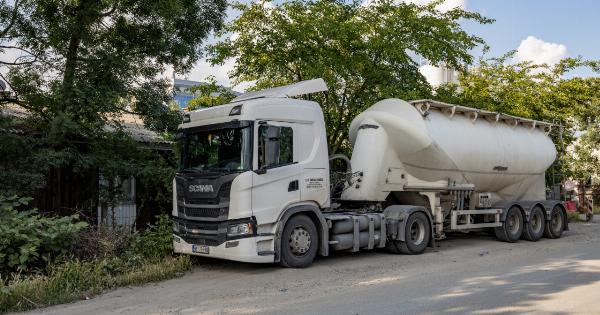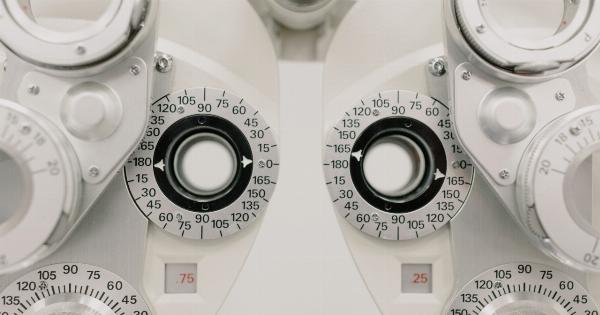Discovering that you are pregnant can be an incredibly exciting and life-changing moment.
But what exactly happens during the early stages of pregnancy? In this article, we will explore what to expect during weeks 1 and 2 of pregnancy, with insights from OB-GYN Menelao Lygnos.
What is Happening at Week 1?
During week 1 of pregnancy, you are not technically pregnant yet. Your menstrual cycle is about to begin, and the egg has not been released from the ovary. It is during this week that your body starts preparing for the possibility of pregnancy.
The uterine lining thickens to provide a nourishing environment for a fertilized egg.
Preparing for Pregnancy
Week 2 marks the beginning of your menstrual cycle, and it is during this time that your body prepares for ovulation. Ovulation usually occurs around day 14 of a typical 28-day menstrual cycle.
At this point, the ovaries release a mature egg into the fallopian tube in preparation for fertilization.
Understanding Ovulation
Ovulation is a crucial event in the journey to conception. It is the process where an egg is released from the ovary and is available for fertilization by sperm.
This ripe egg will travel through the fallopian tube, waiting to be fertilized for about 24 hours. During this time, it might meet sperm and become fertilized, resulting in pregnancy.
Signs of Ovulation
While some women may not experience any noticeable signs of ovulation, others might notice certain physical changes.
These can include mid-cycle abdominal discomfort, heightened sense of smell, increased vaginal discharge, and a slight increase in basal body temperature.
Timing Intercourse for Conception
If you are trying to conceive, it is essential to have intercourse around the time of ovulation. Sperm can survive in the female reproductive tract for up to five days, but the egg is viable for only about 24 hours.
Aiming for intercourse a few days before and during ovulation increases the chances of conception.
Common Concerns and Questions
As week 2 comes to a close, many women may have concerns or questions about their chances of becoming pregnant. Here are some common ones:.
1. Can you get pregnant if you have sex during your period?
The chances of getting pregnant during your period are relatively low. However, if your menstrual cycle is shorter than average, sperm can survive long enough to meet the egg released soon after your period ends.
It’s always best to use contraception if you are not planning to conceive.
2. What if you miss the fertile window?
Missing the fertile window does not necessarily mean you cannot become pregnant. Sperm can survive for several days in the reproductive tract. If you have intercourse shortly after ovulation, there is still a possibility that sperm can fertilize the egg.
3. Can stress affect ovulation?
Stress can impact your menstrual cycle and potentially affect ovulation. High levels of stress can disrupt hormone levels, leading to irregular periods, delayed ovulation, or even missed ovulation.
Finding healthy ways to manage stress, such as exercise or meditation, can help regulate your cycle.
Seeking Medical Advice
It is always a good idea to consult with a healthcare professional, such as OB-GYN Menelao Lygnos, if you have concerns or questions about trying to conceive.
They can provide guidance tailored to your unique circumstances and address any underlying issues that may affect your fertility.
Conclusion
Weeks 1 and 2 of pregnancy may seem like simple preparatory stages, but they are essential in the journey to conception.
Understanding your menstrual cycle, tracking ovulation signs, and timing intercourse can significantly increase your chances of getting pregnant. Remember to consult with a healthcare professional to address any concerns and receive personalized advice. Stay tuned for our upcoming articles, where we will explore each stage of pregnancy.





























